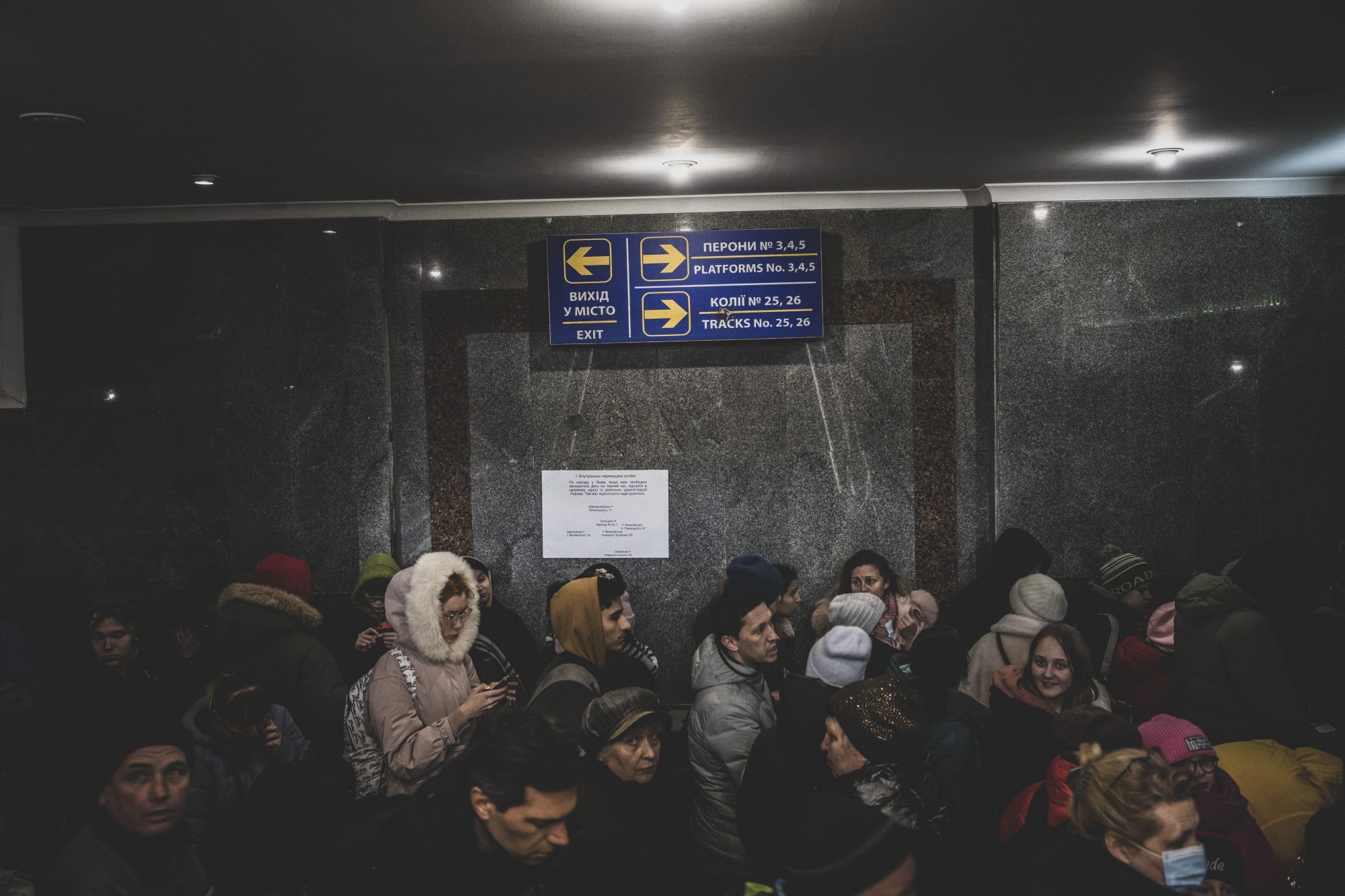Fatima Awil, Policy and Knowledge Officer, at Mental Health Europe, argues that mental health support must be given priority as part of a comprehensive approach to well-being for refugees and migrants
Globally, there is, unfortunately, no shortage of countries in conflict. The war in Ukraine sent ripples worldwide, leading to stark uncertainty for societies and the economy. The Ukraine war has also pushed global displacement to a record high, resulting in the largest human displacement crisis recorded in the world today. The latest records show that 7.9 million Ukrainian refugees have been registered across Europe, while 5.9 million are forcibly displaced in Ukraine.
Displaced people and those on the move experience various stress factors and face intersecting challenges that negatively affect their physical and mental health. These stressors often occur before, such as when experiencing war, and then at various stages of the migration process. They not only exacerbate existing social and mental health problems but may also trigger new ones.
To spotlight this issue, we at Mental Health Europe (MHE) developed a policy paper titled Mental health and geopolitical crises: Ukraine and beyond. This document explores the critical short, medium, and long-term challenges to mental health linked to war and conflict and how mental health support should be prioritised as part of a comprehensive approach to well-being.
Immediate mental health needs
European countries must support civil society through effective coordination and funding to address urgent mental health needs, for example, by tracking funds on mental health that reach the grassroots level where support is provided, and the cost is borne.
Due to limited capacity, tailored services for migrants are often stretched or non-existent. Therefore, European countries and their local authorities must provide timely and tailored mental health support.
Our paper called on European countries to increase investment in mental health literacy, including through long-term and continuous training for mental health professionals, volunteers, and NGOs, as well as to provide guides on trauma for the wider population.
Since volunteers are pivotal in upscaling the community’s response capacity and providing tailored support to refugees and those remaining in war areas, the volunteering system should also be transformed into one with employed staff to guarantee sustainable and structured assistance.
Medium needs of the mental health of communities
There is a need for European countries to consider the repercussions on the mental health of communities. For example, supporting mental health campaigns to increase mental health awareness and ensuring media coverage provides space for informed interaction-based decisions and mental preparedness, such as trigger warnings.
Additionally, the education needs of students, mainly displaced children, should be addressed. They should receive quality education with minimal disruption.
Further measures must be taken to counteract possible barriers that may hinder students from integrating into new environments, such as complex admission processes and language difficulties. Better coordination between neighbouring and receiving countries and communities is imperative to ensure quicker and more organised mobilisation for future emergencies. Moreover, MHE recommends developing better migration policies that take a human rights-based approach and protect the rights of persons with disabilities.
It is essential to address discrimination at all levels and to ensure refugees are provided equal support through equitable measures. Furthermore, monitoring the media representation of refugees is crucial to prevent misinformation and xenophobic discourse. Lastly, steps must be implemented to support the mental health of wider societies, which are already overburdened due to the impacts of COVID-19.
“Displaced people and those on the move experience various stress factors and face intersecting challenges that negatively affect their physical and mental health.”

Long-term needs with a human-rights-based approach
In line with our human-rights-based approach, we advocate for mental health support that the United Nations Convention informs on the Rights of Persons with Disabilities (UN CRPD) and, subsequently, the psychosocial approach to mental health. This paves the way for deinstitutionalisation, a shift towards community- based mental health services, and the psychosocial approach, which addresses intersectionality and the socio-economic determinants of mental health.
Our concluding recommendation presses for a co-produced, long-term, and intersectional European Union (EU) strategy and subsequent national plans to support the mental health needs of refugees and the wider population and address foreseeable inequalities.
New mental health initiative
In 2022, during her State of the Union address, European Commission President Ursula von der Leyen announced a new initiative on mental health to be launched in 2023. This presents an exciting opportunity to mainstream mental health into EU policies and promote a comprehensive approach to mental health across sectors. Furthermore, in taking an intersectional approach, the initiative should also work towards ensuring the human rights and well- being of migrants, refugees, as well as undocumented migrants are protected.
Trauma knows no borders: Support mental health for all
Preserving mental health is everybody’s business and in everyone’s interest. We can no longer justify waiting and being ill-prepared for future emergencies when we can respond effectively by applying lessons learned. EU policies, including migratory policies, directly impact the mental health and well-being of millions of people in Europe.
Trauma knows no borders. The costs and consequences of ignoring and under-investing in mental health and well-being will inevitably be shared. Without urgent action to support mental health for all, our societies will become less and less resilient and cohesive. Through the new mental health initiative, the EU is presented with a unique opportunity to place the shift towards a human rights-compliant, equitable, psychosocial approach to mental health at the forefront of the European agenda.
MHE welcomes this new mental health initiative. We are dedicated to working with the European Commission and other stakeholders to ensure that mental health (including promotion, prevention and support) is prioritised and made a reality for all.











